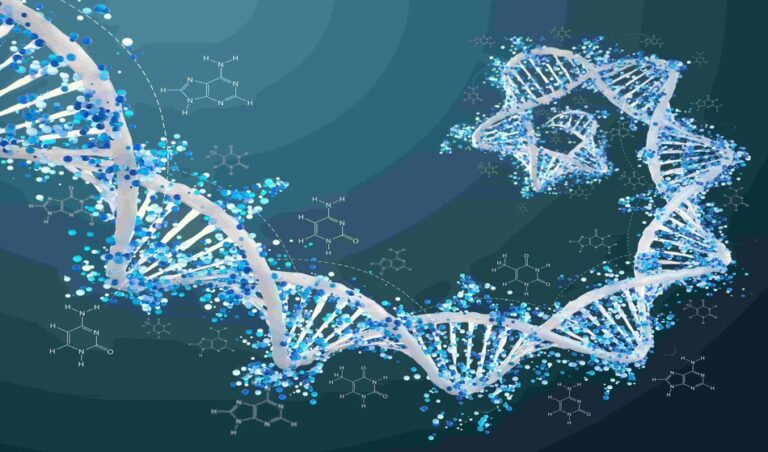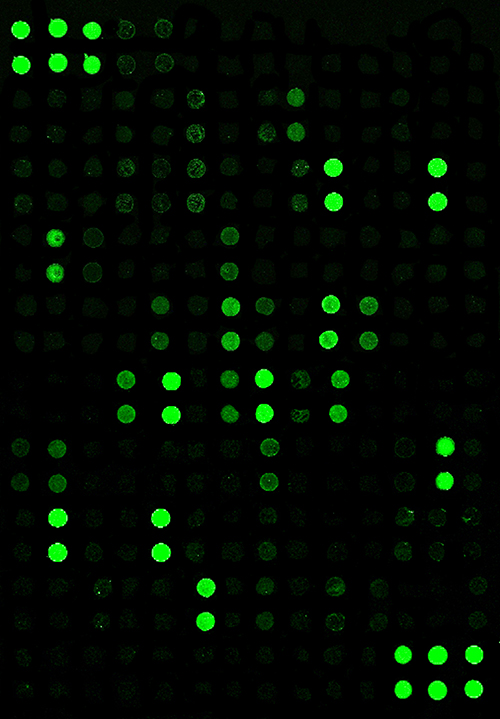A publication earlier this year by Bárcena et al. shows that angiogenin plays a crucial role in the onset and development of liver cancer (hepatocellular carcinoma or HCC).
Angiogenin was the first isolated tumor-derived protein with in vivo angiogenic activity, featuring a ribonuclease activity that stimulates ribosomal RNA (rRNA) transcription and cell proliferation. Increased angiogenin serum levels have been associated with the incidence and severity of several human tumors, including HCC.

Angiogenin has been proposed as a putative noninvasive marker for monitoring HCC, and increased angiogenin expression in patients with HCC correlates with major tumor vascularity and mortality. However, the role that angiogenin plays in hepatic stellate cell (HSC) activation has not been previously addressed. Thus, the author’s aim was to analyse if angiogenin is secreted by HCC and to examine the role of angiogenin in HSC activation and HCC-HSC cross-talk in liver cancer.
HCC frequently develops in a pro-inflammatory and pro-fibrogenic environment with HSCs remodeling the extracellular matrix composition. Molecules secreted by liver tumors contributing to HSC activation and peritumoral stromal transformation remain to be fully identified. In this sense, the authors used an array that allows the study of 43 angiogenic factors, and confirmed the key role of angiogenin.
These findings indicate that targeting angiogenin signaling may be of potential relevance in HCC management.
Would you like to use arrays in your next project? Contact us!



